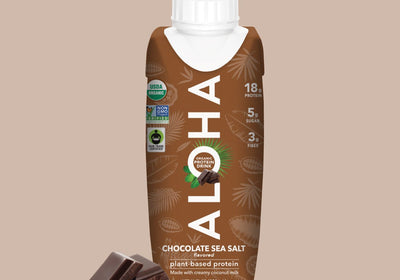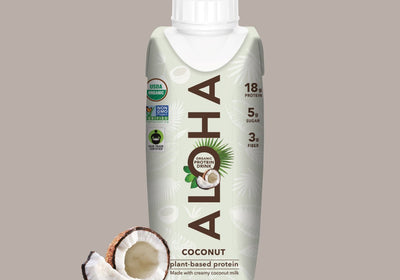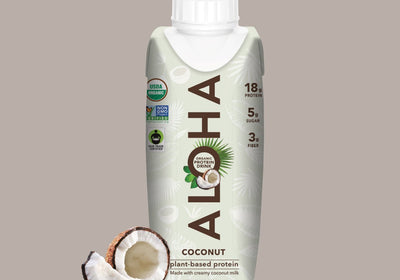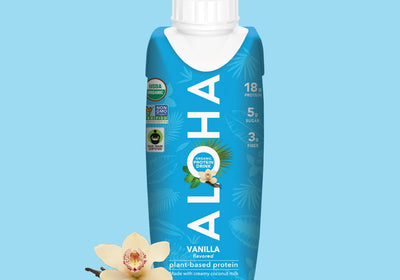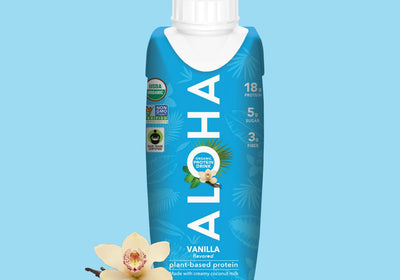Introducing any new supplement into your toddler's diet requires careful consideration, and protein shakes are no exception. While they might seem like a convenient solution to ensure your child gets adequate nutrition, each toddler has unique dietary needs that must be met in a safe and balanced way. Consulting a pediatrician ensures that you are making the best decision for your child’s health and avoiding potential risks. Here's why a pediatric consultation is critical before incorporating protein shakes.
Understanding Your Toddler’s Specific Nutritional Needs
Not all toddlers need protein shakes, and many receive sufficient protein from their daily diet of whole foods like dairy, meat, and legumes. A pediatrician can evaluate your child’s current nutritional intake and determine if additional protein is necessary. They will consider factors such as growth rate, activity level, and any medical conditions that may affect nutrient absorption, ensuring your child’s diet is tailored to their individual needs.
Avoiding Excessive Protein Consumption
Toddlers have lower protein requirements than older children or adults, and excessive protein intake can lead to unwanted side effects, such as strain on the kidneys or digestive discomfort. Your pediatrician can help you avoid the common mistake of giving your toddler too much protein by providing guidance on appropriate serving sizes and frequencies. They can also suggest foods or shakes that offer a safe balance of nutrients.
Ensuring The Protein Shake Complements A Balanced Diet
One of the key concerns with protein shakes is that they might replace whole foods in a toddler’s diet. However, whole foods provide essential vitamins, minerals, and fiber that cannot be fully replicated in a shake. Your pediatrician will advise you on how to use protein shakes as a supplement rather than a substitute, ensuring that your toddler continues to benefit from a varied and balanced diet. This way, the shakes can fill in nutritional gaps without overshadowing the importance of whole foods.
Recommending Safe And Suitable Products
There are numerous protein shakes available on the market, but not all are formulated with toddlers in mind. Some may contain harmful additives, excess sugar, or allergens that are inappropriate for young children. Your pediatrician can recommend safe and suitable products, ensuring that you choose a protein shake with the right balance of nutrients, free of unnecessary or harmful ingredients. This expert advice helps protect your child from potential adverse reactions.
Monitoring For Allergies Or Intolerances
Introducing new foods, including protein shakes, can sometimes lead to unexpected allergic reactions or intolerances in young children. By consulting your pediatrician, you can better monitor your toddler’s response to the shake and catch any signs of discomfort early. Your pediatrician can also help you understand the signs of food allergies or intolerances and guide you on how to safely introduce new products into your child’s diet.
Aloha Plant-Based Protein Drinks: Are They Suitable For Toddlers?
ALOHA's plant-based protein drinks are known for their clean, organic ingredients and appeal to health-conscious adults looking for a nutritious beverage. While these qualities might make them seem like a good option for toddlers, it's crucial to evaluate whether they are truly suitable for young children. Given the high protein content and the formulation primarily designed for adults, ALOHA protein drinks may not be the best fit for toddlers without careful consideration and guidance from a healthcare professional.
High Protein Content: Too Much For Toddlers?
ALOHA plant-based protein drinks contain 20 grams of protein per serving, which is significantly more than what a toddler typically needs in a single meal. Toddlers require a balanced diet with moderate protein intake, and consuming such a large amount of protein can strain their developing kidneys. Excess protein could also displace other important nutrients that are necessary for healthy growth. Therefore, while ALOHA drinks are appropriate for adults seeking high protein, they may provide an excess amount for a toddler’s smaller nutritional requirements.
Organic And Clean Ingredients: Are They Enough?
One of the key selling points of ALOHA protein drinks is their use of organic, non-GMO, and clean ingredients, free from artificial additives. While these aspects may appeal to parents looking for healthier options, it’s essential to note that the formulation is still geared toward adult needs. Toddlers have different nutritional requirements and might need more specific vitamins and minerals that these drinks don’t adequately provide. Although clean ingredients are beneficial, they don’t automatically mean that the drink is suitable for young children.
Potential Concerns With Certain Ingredients
Although ALOHA drinks are plant-based and free from many common allergens like dairy and soy, they still contain ingredients that may not be ideal for toddlers. For example, some formulations include ingredients like coconut sugar, which, while a natural sweetener, still adds unnecessary sugar to a toddler’s diet. There may also be fiber and other components in quantities that are too high for toddlers, which could upset their digestion. Evaluating each ingredient with a pediatrician ensures that no component poses a risk to your child’s health.
Consulting A Pediatrician Before Offering ALOHA To Toddlers
Before introducing ALOHA protein drinks to a toddler’s diet, it’s essential to consult with a pediatrician. Each child has unique dietary needs, and what might seem like a healthy option for adults could overwhelm a toddler’s system. A pediatrician can assess whether your toddler requires additional protein and help determine if ALOHA’s formulation is appropriate. They can also advise on serving sizes or suggest alternatives that are specifically designed for children, ensuring your toddler’s nutritional needs are met safely.
Balancing Whole Foods With Supplements
It’s important to remember that no protein shake or supplement should replace a balanced diet rich in whole foods, especially for toddlers. Whole foods like fruits, vegetables, lean proteins, and grains provide essential nutrients that protein drinks cannot replicate. A pediatrician can help determine if your toddler has any nutritional gaps that need to be addressed and guide you on how to supplement safely without compromising their intake of whole foods. ALOHA protein drinks should be considered an occasional supplement, if deemed safe, rather than a regular meal replacement.
Read also:
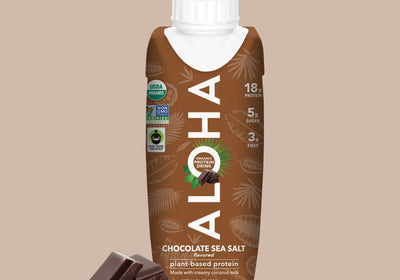
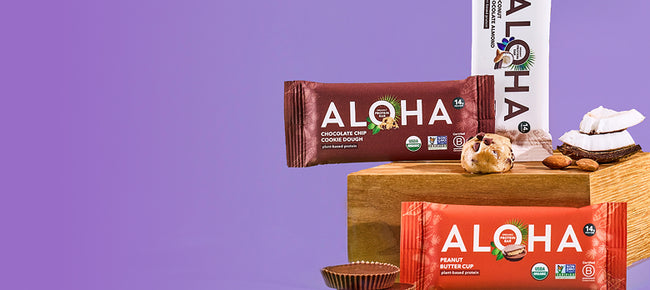 collection header image
collection header image
 collection header image
collection header image

